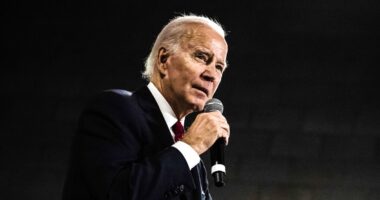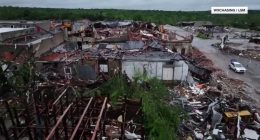
“This is now a place to make a long-term bet — to build connections with the cluster of schools in the area and create a new pipeline for hiring,” said Tristan Jung, a Korean-born computer scientist who grew up in Toronto, spent six years working at Twitter’s headquarters in San Francisco and recently persuaded the company to build an engineering hub back home in Canada.
Over the last year, Twitter hired more than 100 engineers in Toronto, tripling its Canadian work force. Household internet names like DoorDash, eBay and Pinterest built similar technology hubs in the city, as did rising artificial intelligence companies like Cerebras, Groq and Recursion Pharmaceuticals.
This corner of Canada includes two universities known for generating top researchers and engineers: the University of Toronto, a short walk from downtown, and the University of Waterloo, Mr. Jung’s alma mater, roughly an hour away by car or train. In the past, much of this talent migrated to the United States. But engineers and computer scientists trained in and around Toronto increasingly are staying put.
Or, like Mr. Jung, they are moving back home after years in the United States.
In Toronto, U.S.-based companies can also speed the arrival of new tech talent from other countries — a talent stream that has long been the lifeblood of the American tech industry. As the U.S. immigration system slowed and sputtered under the Trump administration, Canada introduced programs intended to bring skilled workers into a country that is already unusually diverse. Nearly 50 percent of Toronto’s residents were born outside the country, according to the city.
“It is infinitely easier to bring that kind of talent into Canada,” said Heather Kirkby, chief people officer at Recursion, a company that applies A.I. to drug discovery. “A lot of companies have given up on immigration in the U.S. There are limits to what’s possible.”
In and around Toronto, local institutions are intent on feeding the tech ecosystem. Ontario recently passed a law that explicitly bars companies from enforcing noncompete clauses in employment contracts, encouraging employees to found their own start-ups. Backed by a $100 million donation from local business leaders, the University of Toronto is building a complex that will house A.I. and biotech companies.
Source: | This article originally belongs to Nytimes.com








